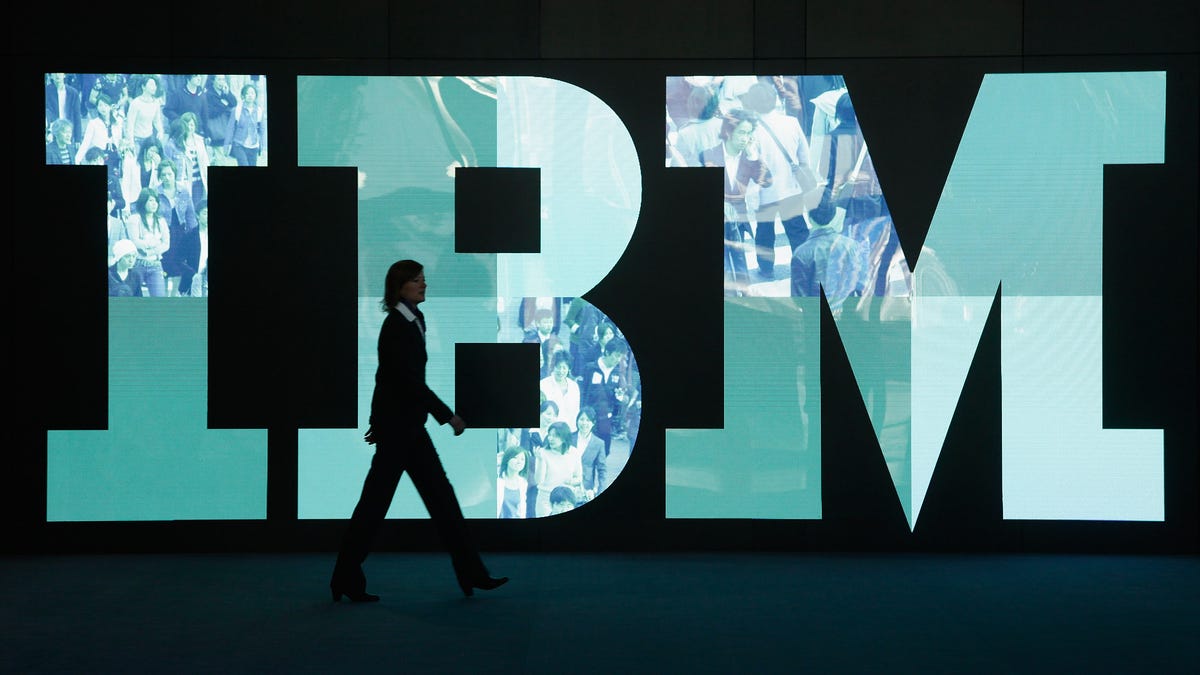IBM's Watson may provide a shortcut to treating cancer
The tech giant's cognitive computer system will help oncologists with the data-intensive work of identifying mutations in DNA and finding specific treatments.

Here's a question IBM supercomputer Watson never got to ask on "Jeopardy": What is a cure for cancer?
Watson, best known for beating champions Ken Jennings and Brad Rutter on the game show, will get its chance as it aids scientists using analysis of gene structures to figure out the cause of and potential cures for different strains of cancer. IBM unveiled Watson for Genomics, specifically designed for this task, at the National Cancer Moonshot Summit on Wednesday.
The addition of Watson's brain power, which can understand questions in natural language and not just the computer language of ones and zeros, could significantly accelerate cancer treatment. Typically, finding the appropriate treatment for a specific patient means sequencing his or her genome -- the complete DNA structure packed into a single cell -- finding mutations and then getting a team of seasoned doctors in a room to decide the best options. Watson can do it in less than three minutes.
This is the latest in a series of deals IBM has made to use Watson to solve health care issues, as well as help out in far different areas, even the fashion industry. The software company provided Alder Hey Children's Hospital with the supercomputer to help improve patient care. Watson also worked with CVS Health to predict health problems a person might experience and give them advice. It even helped create a dress adorned with LED lights for the Met Gala that lit up in response to the mood on social media surrounding the event.
The cognitive computing that Watson employs, making sense of unstructured data, falls into the broader field of artificial intelligence. AI has been experiencing a boom in recent months as more powerful processors and networks get more nimble at making sense of massive amounts of data.
Watson for Genomics will take on the data-intensive task of searching through sequenced DNA of patients from the Veterans Affairs Department, finding mutations and scanning medical literature to pinpoint the therapeutic treatments that would work best. The program promises to identify customized regimens for 10,000 US veterans during the next two years. That's almost 30 times more patients that would receive appropriate treatment than if the team did not use Watson.
"It is time-intensive and it's not scalable," Dr. Michael Kelly, national program director for oncology at the VA, said on the current method of finding treatment. "One human probably couldn't do it, it takes a panel."
But a supercomputer can.
Oncologists will feed Watson a sequence of DNA along with a list of the changes that are thought to cause the cancer, known as deidentified genetic alteration files. The computer will pump out a report of possible mutations as well as potential treatments after scanning contemporary medical literature and data.
Rapidly parsing through a genome sequence might seem impressive, but, "that's only one side of the coin," according to Stephen Harvey, vice president of Watson Health. "The other half of the job is filtering out things that wouldn't be clinically valuable for doctors like Dr. Kelly."
IBM chose the VA in part because the organization serves 3.5 percent of the country's cancer patients. "I couldn't think of a better cohort," Harvey said.
Correction, 4:54 a.m. PT: Michael Kelly's title has been fixed.

